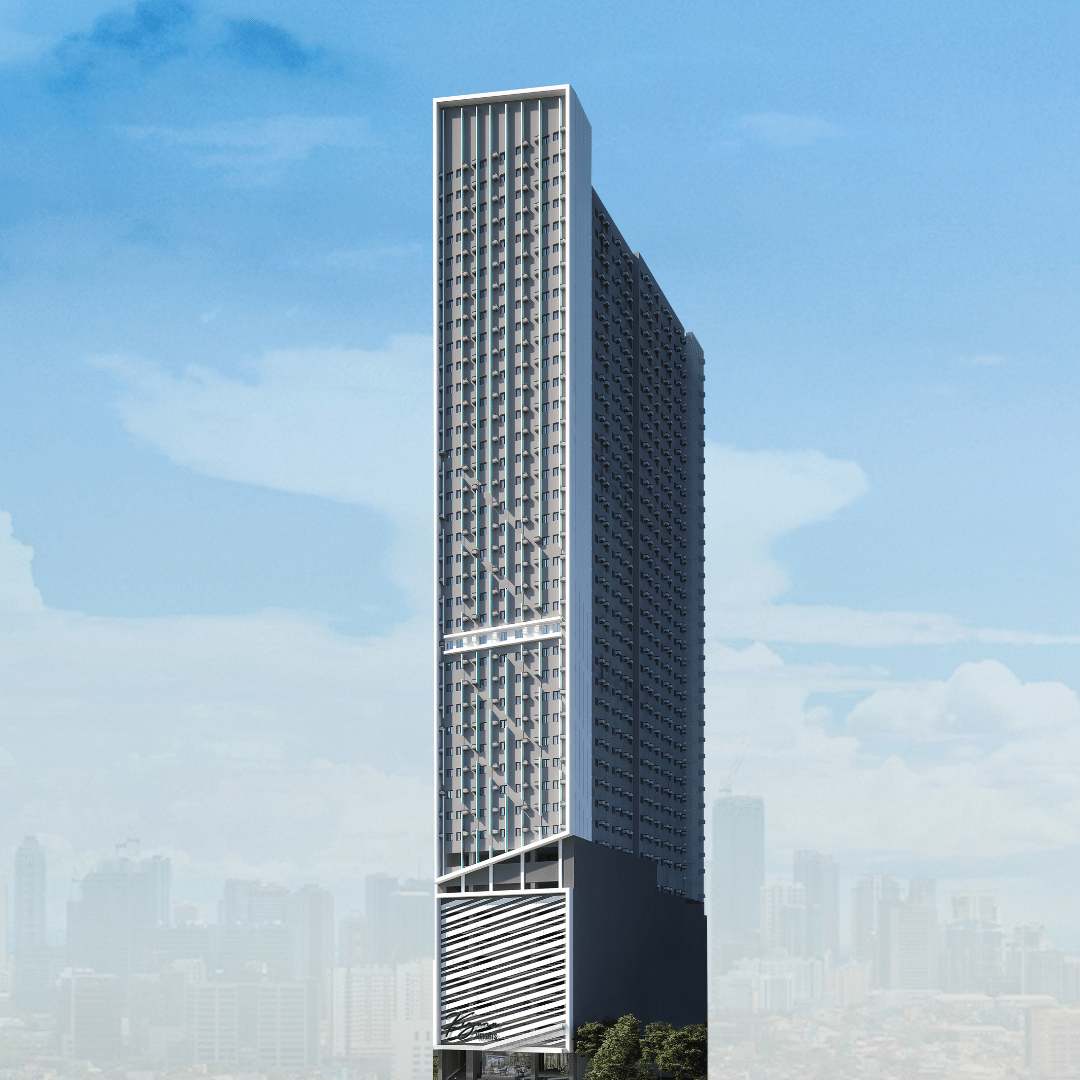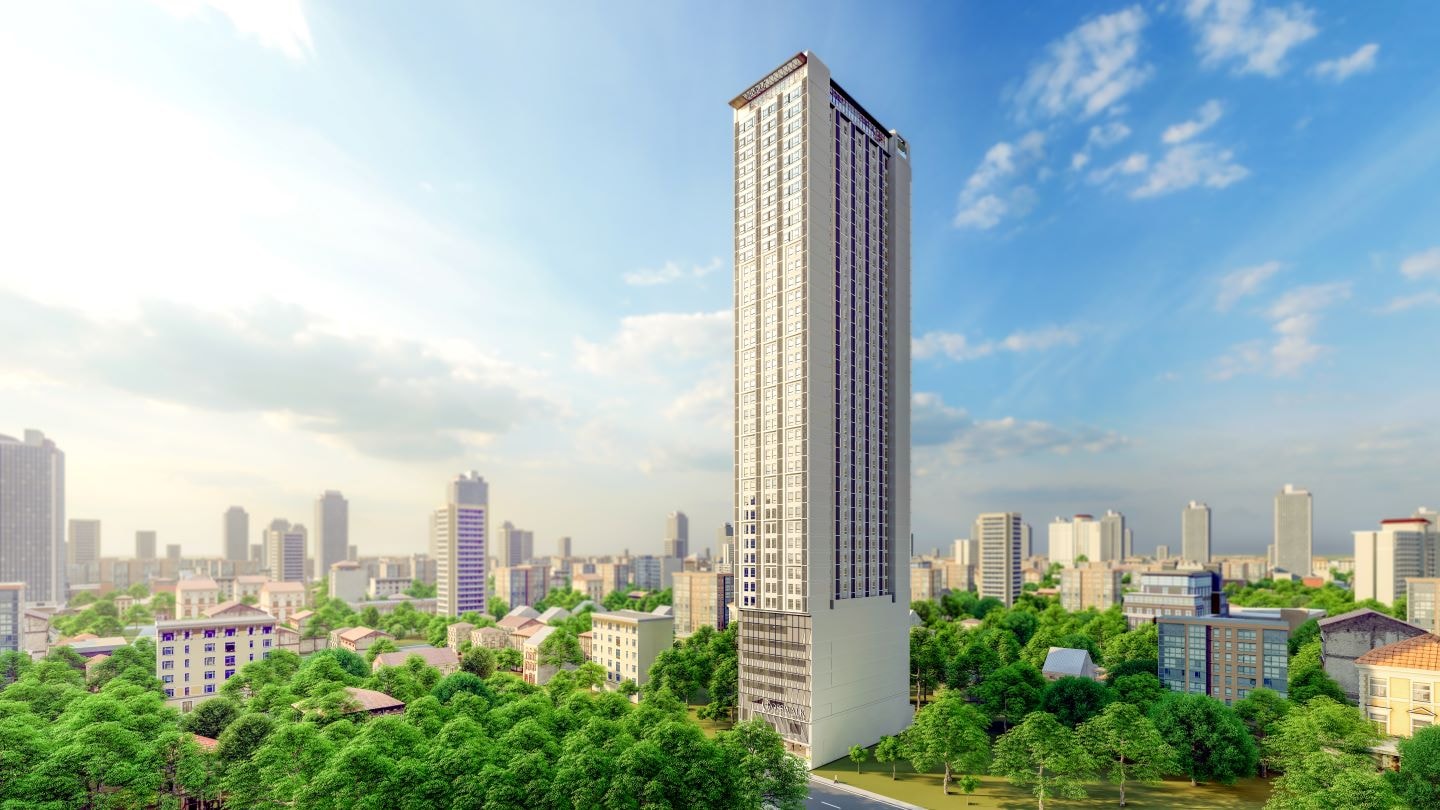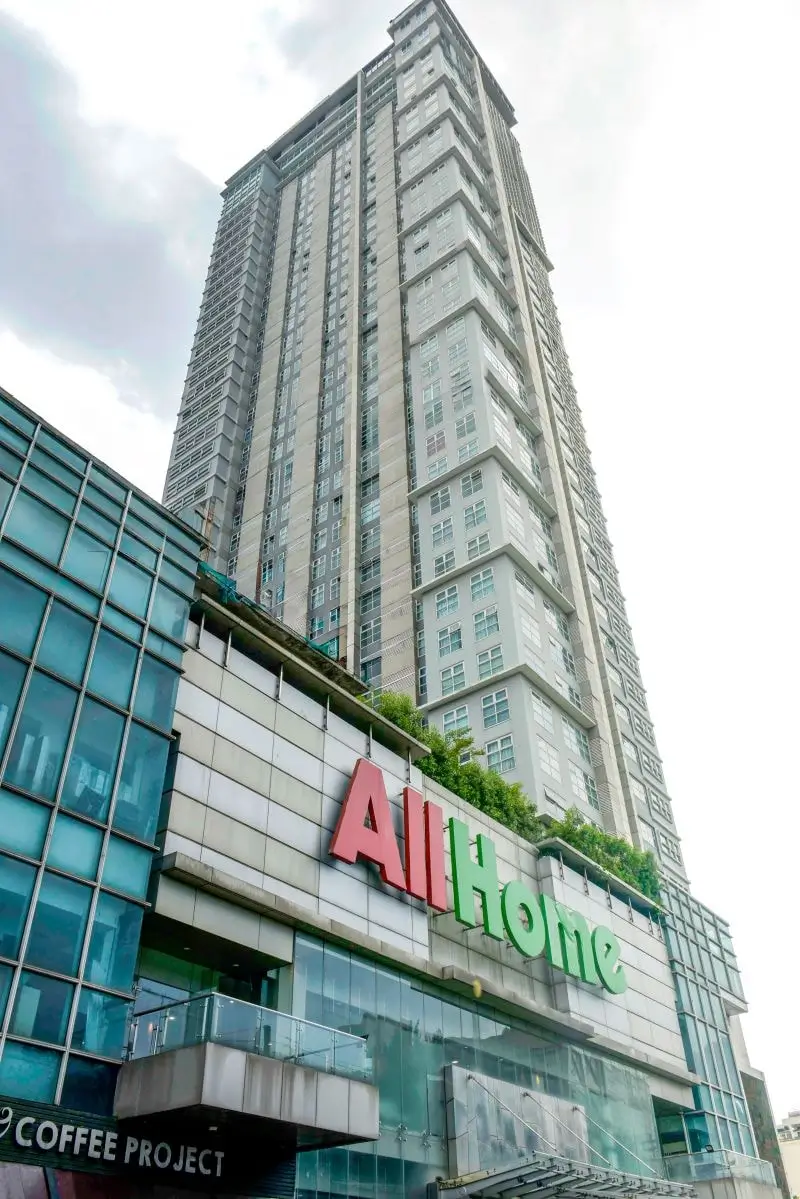Considering condo living or buying a home is not an easy decision. The confidence in buying one comes with the alignment of a particular lifestyle. One could wait until the money is enough to build a house, or if one is too busy to manage, then buying a condominium unit is a sounder decision.
One is too busy looking at the designs, views, and locations while overlooking the essential parts of the purchase. After locating the property, schedule a site visit to ask questions and personally inspect it—walk or drive around the neighborhood to get a better feel of living there. Some costs aren’t deliberately concealed but are often overlooked—so the awareness that other costs exist can tremendously help any homebuyer.
One mistake that would create dissatisfaction amongst condo buyers is not doing due diligence in asking the right questions. Important questions must be requested before giving off any money. Real estate is unlike buying any retail product—uncalculated decisions could get you back where you started. Not all real estate agents would take the time to be transparent. Having a safe place where one can genuinely be after a tiring or stressful day; providing physical and emotional forms of shelter is the primary purpose of buying a house.
The purchase price of residential property in the Philippines comes with other fees and taxes required for every transaction. There are transaction costs that are shouldered by the seller, while the buyer pays for additional fees.
Here are a few things to keep in mind before saying yes to purchasing a condo unit:
Real Estate Agent’s Fee
An agent facilitates the documentation of the closing process. A seller has to pay the assistance, which amounts to 3-5% of the property value—note that this is separate from the commission. This fee still matters in the long run if one is still simply a buyer. Eventually, selling a condo might be considered by a buyer; keeping in touch with someone who has been in the industry is a meaningful business relationship.
Notarial Fee and Local Transfer Tax
The buyer usually has to pay this to have the Deed of Absolute Sale notarized—hovering around 1-2% of the property value.
A buyer has to pay this to transfer ownership of real property. The cost depends on the location, which is around 0.50% of the property value when talking about provincial properties, while it’s at 0.75% within Metro Manila.
Registration Fee
A buyer must also pay the local Registry of Deeds of where the condominium building stands, which amounts to around 1% of the property’s selling price. It is to register the transfer of ownership legally.
Moving-in Fee
Upon moving into the property, once it’s made livable, payments are allowed to move in, including connectivity of necessary utilities like internet, cable, water system, and electricity. Association dues also fall into this category.
Capital Gains Tax (CGT) and Documentary Stamp Tax
This tax amounts to around 6% of the property’s “gross selling price or fair market value, whichever is higher.” The seller has to pay this for the transaction. Real estate properties, in this case, become considered capital assets, including residential properties, just as condominium units. Sometimes, sellers post a low price for a particular property, so the buyer shoulders the CGT.
Documentary Stamp Tax must also be paid for the sale documentation, which is around 1.5% of the property’s selling price or fair market value—whichever is higher.
Besides knowing the commonly overlooked fees, finding the best developer and real estate agent to partner with is a must. A developer with the best track record ensures that the company’s property management has been working with investors for a while. It matters so much that the developer is still engaged with investors’ businesses—helping with accessible services needed for cleaning, maintenance, and customer service. A good track record entails continuously training professionals to streamline all processes.
Studying the breakdown of fees, calculating the total costs of buying a condo, and adding a financial buffer of at least 5%. Steepness prices depend on one’s budget, so knowing easier ways to complete the payment is wise. Some banks can lend up to 80% of the property’s appraised value.
Vista Residences Inc., virtual tours and chats are available online so that investors would have the opportunity to ask essential questions in the comforts of their homes or when they are located overseas. In case a sale was already closed, Vista Residences also has a team that handles the leasing of condominium units. An investor no longer needs to employ people for marketing, human resources, housekeeping, cleaning, and maintenance. The company ensures that the money invested in purchasing a condominium unit gives off returns on investment instead of simply living in it as it depreciates or leaving it without tenants. It is highly encouraged that condos are viewed as investments instead of simply places to live in. Imagine someone who frequently travels worldwide while needing funds to keep that lifestyle. Bet it would be a more leisurely life to make money while one sleeps and to be prepared for any unforeseen changes in the future by keeping finances stable. Although making a lot of money is not the ultimate goal in life, it makes it much more enjoyable and more convenient not to have to worry so much about how to send children to school. It is also one of the most frequent issues in marriages. Imagine considering the need to work abroad and leaving children and partners at home. After all, people need to stay together to keep the relationship. Investing wisely technically keeps the family together.
For more information on Vista Residences, email [email protected], follow @VistaResidencesOfficial on Facebook, Twitter, Instagram, and YouTube, or call the Marketing Office at 0999 886 4262 / 0917 582 5167.










